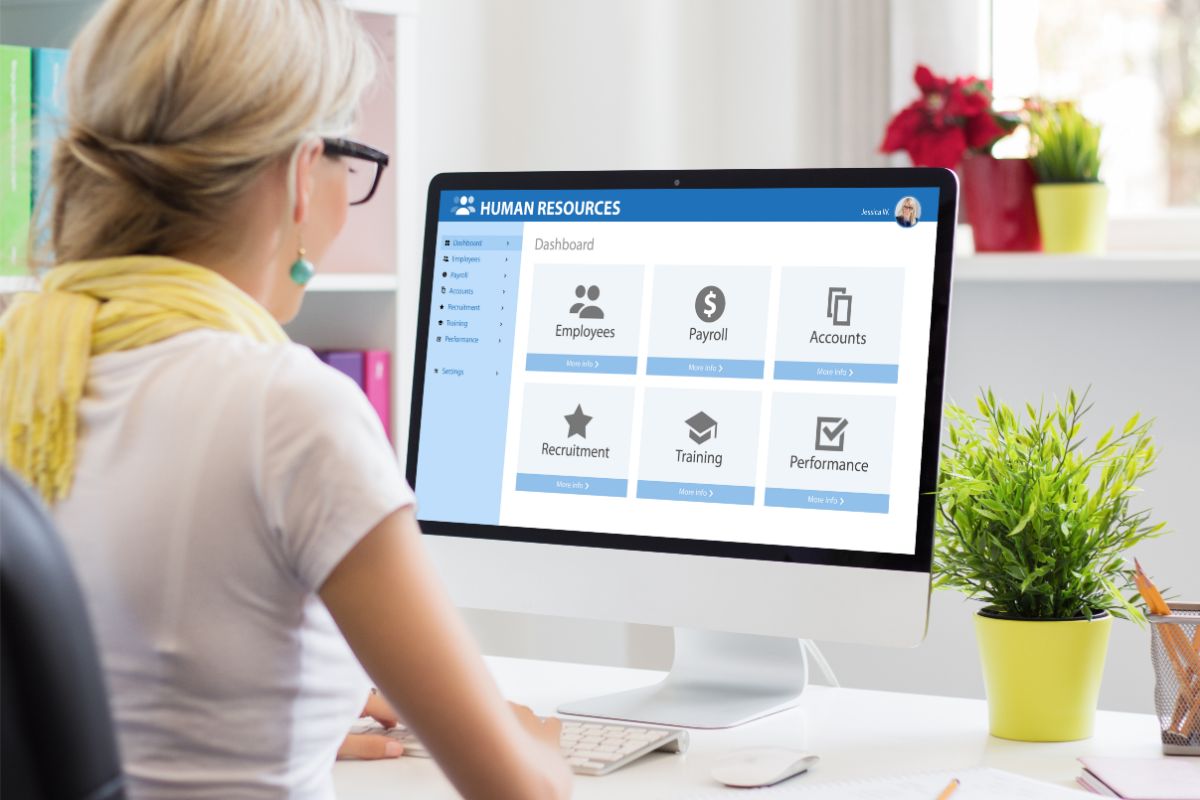Protecting payroll information is essential to maintaining employee safety and privacy. It is essential to protect this information from identity theft or other fraudsters who may use it for malicious purposes. In this article, we will discuss why it is important to protect payroll information and how to do so.
Vulnerability of payroll information
Our modern lives are unthinkable without the constant use of digital technologies and information systems. Industry and businesses are no exception to this trend, and more and more sensitive data is stored there. Among this data, employee payroll information; being especially sensitive and often strategic for the company, it is subject to increased security requirements.
Unfortunately, there are also vulnerabilities in these systems. Payroll data is very sensitive and therefore needs to be protected with considerable care. According to a recent study, more than half of the companies surveyed do not have a sufficiently well implemented security system.
To remedy this situation, it is necessary and indispensable to invest properly in preventive and reliable systems, to integrate procedures to protect the confidentiality of payroll data and to regularly train on the latest security technologies. In the long run, these measures are the best way to limit and reduce the vulnerability of payroll information.
Some risks of unauthorized disclosure of payroll information
Today, more than ever, payroll security is a priority for businesses. Unfortunately, cases of unauthorized disclosure of payroll information can occur. The risks are many: identity theft for fraudulent purposes, unauthorized access to employee financial information, and credit card scams. These illegal acts can lead to data breaches and discriminatory practices against employees, as well as financial losses, additional expenses for handling the incident, and damaged reputation.
Companies must adopt robust security measures to ensure that payroll information remains confidential. Methods such as encryption, two-factor identification, segregation of duties, and regular monitoring can help ensure that this information is protected. When unauthorized disclosures are detected, steps must be taken immediately to restore security and reduce the damage caused.
Technologies for protecting payroll information
First and foremost, it is essential to implement robust security controls, such as strong passwords and regular backups. It’s also necessary to ensure that payroll systems and processes are protected with military-grade data encryption to enhance security.
Employers can also implement fraud prevention tools that allow employees to access their payroll information online, but also provide them with ways to verify the authenticity and privacy of the payroll process. Data encryption and security tools, such as security systems and encryption solutions, are designed to enhance the protection of payroll information.
Finally, employers can integrate payroll information monitoring tools into their systems to monitor the confidentiality and consistency of payroll data and its computer systems and quickly report any attempts to gain unauthorized access to this information.
Protect payroll information to maintain employee privacy and security
In conclusion, payroll information is very important to employees and should be protected at all costs. Data security is one of the top priorities for companies, and it is essential for employees to ensure that their employer takes steps to protect their sensitive information.
Whether it’s through the use of secure payroll software or by providing clear security instructions, employers can ensure that their payroll information remains private and secure for each employee. In addition, employees should also be aware of the risks that exist and take the necessary steps to protect their personal information online.



